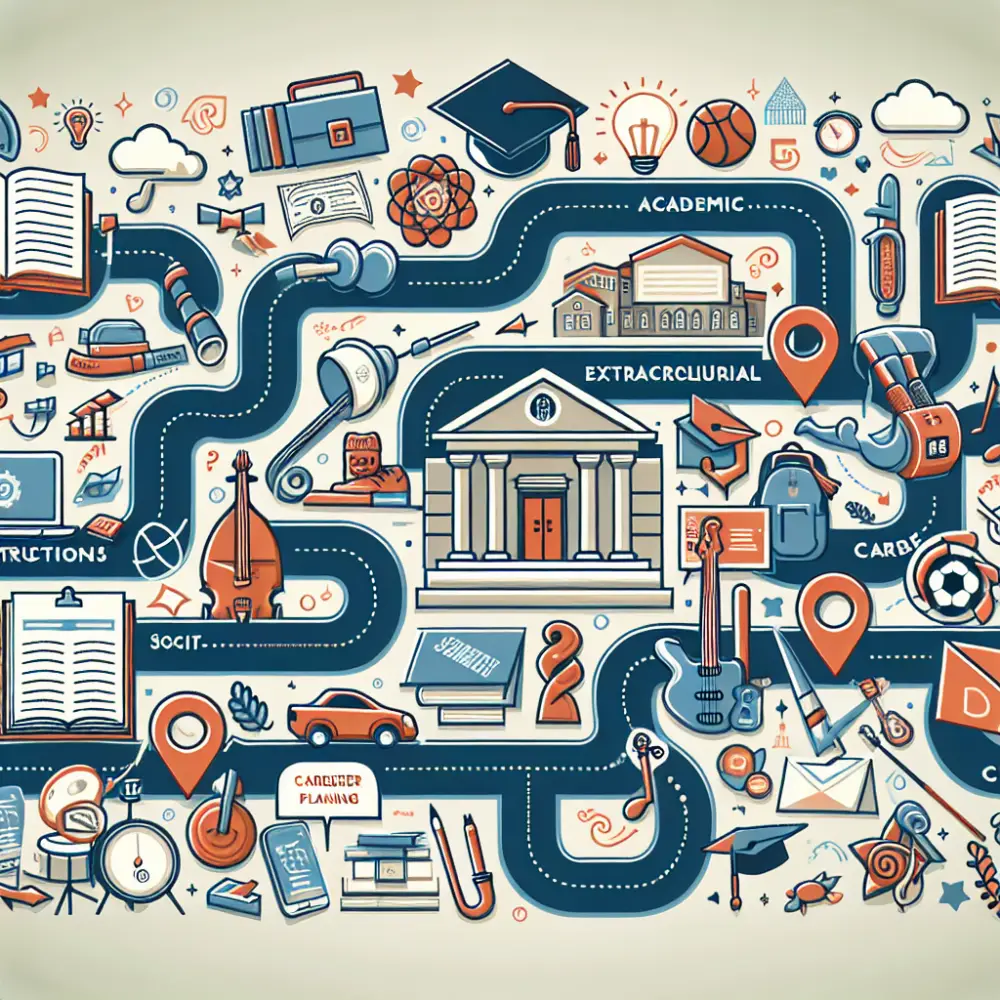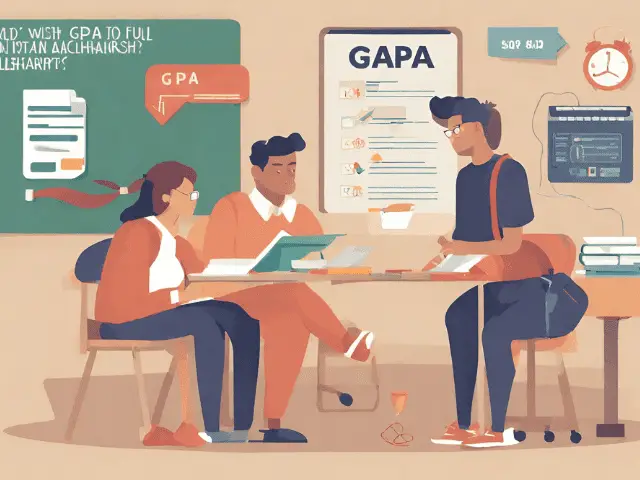
Navigating the College Experience: A Comprehensive Student Guide
Entering college is an exciting phase of life, filled with opportunities for personal growth, learning, and exploration. For many, it’s a journey that shapes their future. Understanding how to navigate this experience effectively is crucial for maximizing the potential it offers. This guide provides valuable insights and practical advice to help students make the most of their college years.
1. Setting Clear Goals
The first step in navigating the college experience is setting clear, achievable goals. Students should consider both short-term objectives, such as maintaining a certain GPA, and long-term ambitions, such as career aspirations. Setting these goals provides direction and motivation, serving as a roadmap for decision-making throughout college life.
2. Time Management is Key
One of the most important skills a student can develop is time management. College life comes with a plethora of activities, assignments, and responsibilities. Learning to prioritize and manage time efficiently can significantly reduce stress and enhance productivity. Students can use planners or digital tools to allocate adequate time for studying, socializing, and self-care, ensuring a balanced lifestyle.
3. Academic Success and Resources
Achieving academic success requires more than attending classes. Students should take advantage of resources available on campus, such as tutoring centers, libraries, and study groups. Developing a relationship with professors during office hours can also provide personalized guidance and further insight into subject matter. Effective communication and seeking help when needed are essential strategies for academic success.
4. Exploring Extracurricular Opportunities
College is an excellent time to explore interests beyond academics. Joining clubs, organizations, or sports teams can enhance the college experience. These activities provide networking opportunities, help build leadership skills, and allow students to create lasting friendships. Engaging in extracurricular activities also adds a dimension to a student’s resume, making them more appealing to future employers.
5. Financial Management
Managing personal finances is an essential, yet challenging part of college life. Creating and sticking to a budget helps ensure students are aware of their spending and can make educated decisions about their financial priorities. Students should explore scholarship opportunities, such as the "$2800 UKEAS Scholarship for Taiwanese Students in the UK 2022," which can alleviate the financial burden of tuition and living expenses.
6. Maximizing Campus Resources
Campuses are brimming with resources that can help students personally and academically. Career centers can offer guidance in selecting majors and exploring career paths. Counseling services are available to support mental health and wellness. Students should familiarize themselves with the various campus offerings to fully utilize the support and opportunities available.
7. Embracing Diversity and Inclusion
Modern campuses are diverse environments with students from various backgrounds and cultures. Embracing this diversity is a crucial part of the college experience. Cultivating an open mind and appreciating different perspectives can enrich personal growth and understanding. Participating in cultural events and diversity initiatives can further enhance the experience.
8. Building a Support Network
A strong support network is invaluable during college. Building relationships with peers, mentors, and advisors can provide emotional and academic support. These connections can help students navigate challenges and celebrate successes. A support network also facilitates the sharing of resources, advice, and encouragement.
9. Balancing Social Life and Academics
College is not just about academics. It is also a time to enjoy life and build connections. Students should strive for a balance between maintaining their social life and keeping on top of their academic responsibilities. Planning social activities around schoolwork ensures students can enjoy both aspects of college life without compromising on their goals.
10. Preparing for the Future
The college experience is ultimately preparation for life beyond graduation. Gaining relevant experience through internships or co-op programs can provide practical skills and boost employability. College is also a time to start building a professional network. Attending career fairs, joining professional associations, and staying in touch with classmates are steps that can help carve a successful path post-college.
Unleashing Student Potential: A Guide to Maximizing College Experience
To truly maximize the college experience, students need to unleash their potential. This involves stepping outside comfort zones, taking risks, and pursuing passions. College is a unique period in life with opportunities that will shape personal and professional identity. Taking a proactive approach and pushing personal boundaries enables students to discover strengths and interests they might not have realized.
In conclusion, navigating the college experience requires clear goals, effective time management, and a willingness to engage with all aspects of campus life. By utilizing available resources, participating in extracurricular activities, and maintaining a positive and open-minded attitude, students can make the most of their college years. Embracing every opportunity, students lay a strong foundation for success in their future endeavors. Understanding the diverse aspects of college life is the first step toward achieving a fulfilling and enriching experience.

















